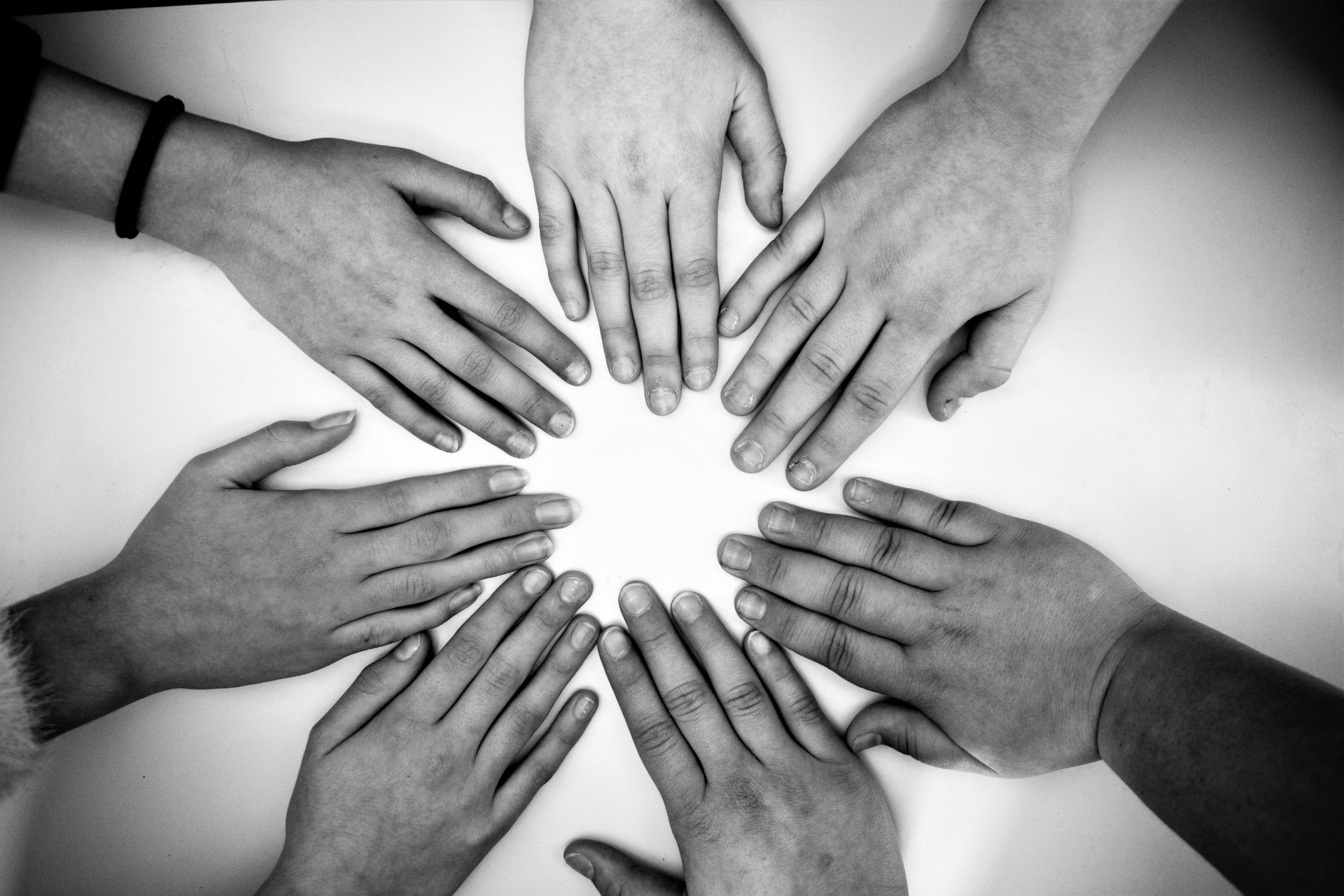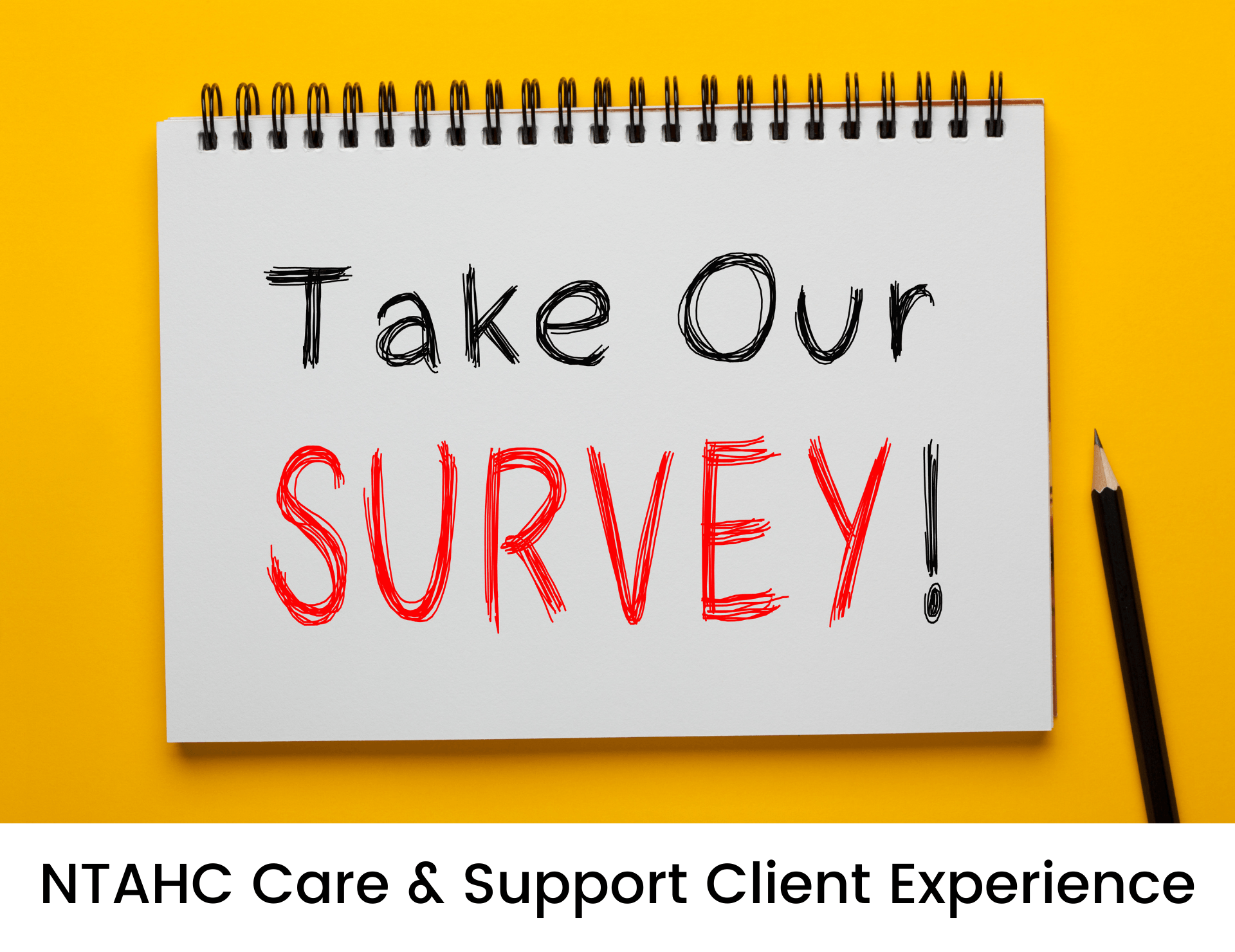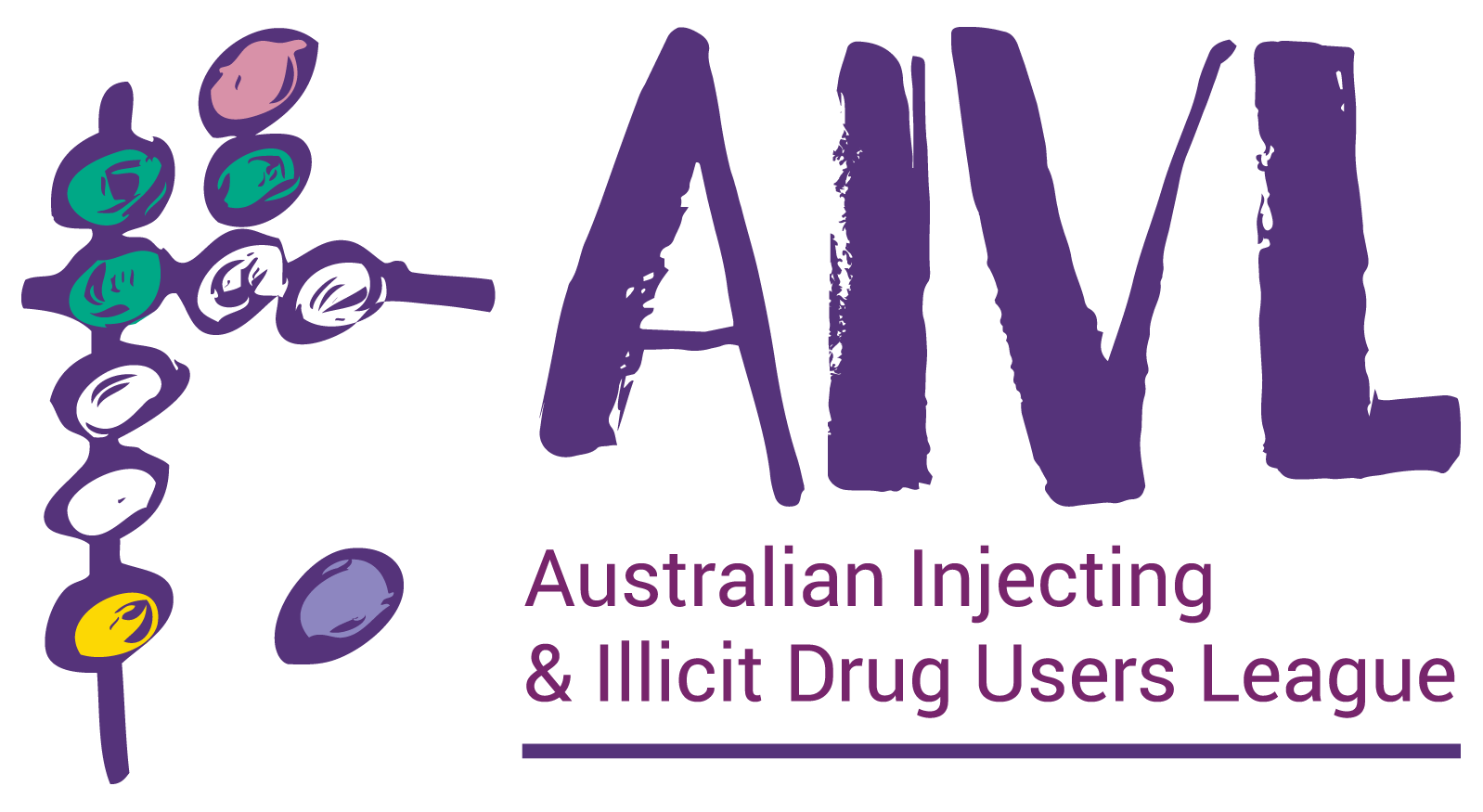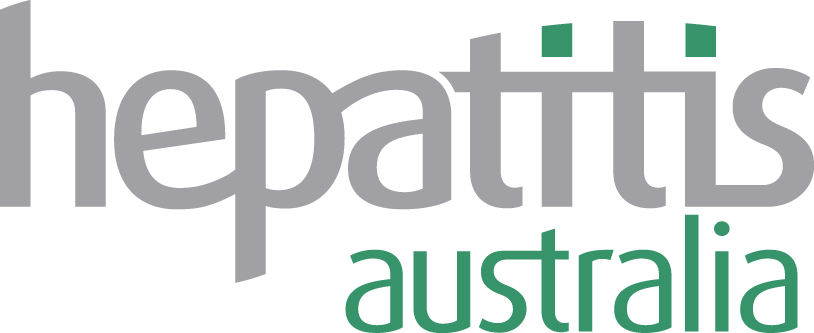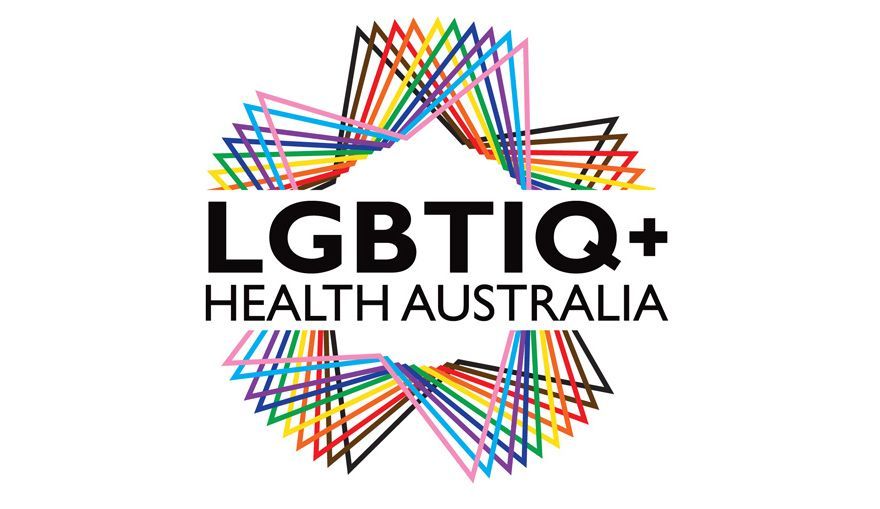Care and Support Program
NTAHC offers a range of services to empower all people affected by, or at risk of blood borne viruses, to lead a healthy life that is free of stigma and discrimination.
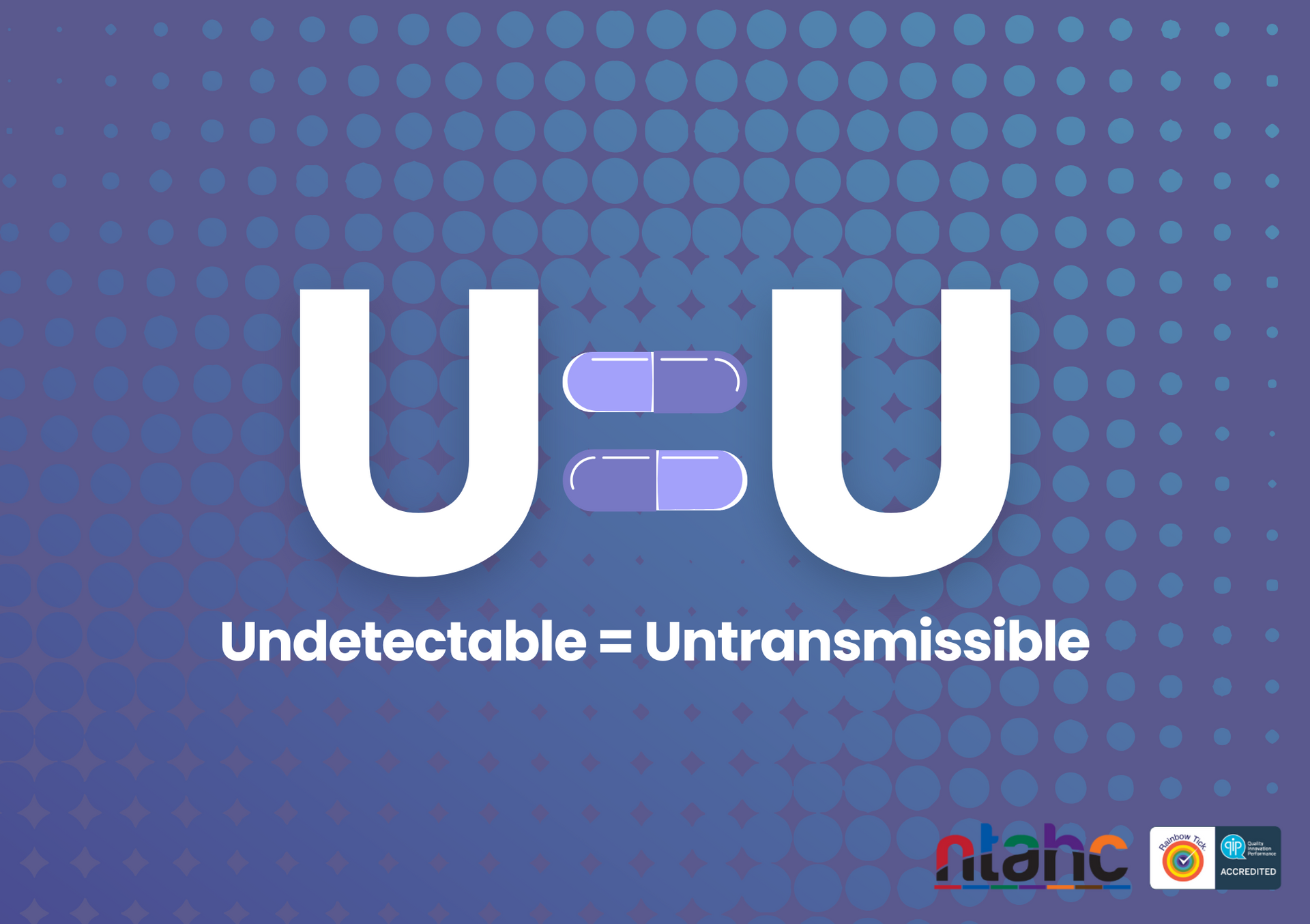
Recently diagnosed with HIV, Hepatitis or STI?
Want more information - Talk to us!
Our Care and Support team offer free and confidential information & support by phone, email or in person.
The Care & Support program offers a range of services to support and empower all people affected by, or at risk of blood borne viruses, to lead a healthy life that is free of stigma and discrimination. Our goal is a positive outcome for all who access the Care & Support Program.
Any person, along with their families, partners or friends from NTAHC’s priority populations are eligible to access the Care & Support program. This program is available at both Darwin and Alice Springs, however, can also be accessed via phone for people living in other parts of the NT.
Opening Hours
- Mon - Fri
- -
- Sat - Sun
- Closed
PLWHNT — People Living with HIV Northern Territory
PLWHNT is more than just a newsletter—it’s a community lifeline. NTAHC’s Care and Support Program is proud to present PLWHNT, a fresh digital magazine created by and for people living with HIV in the Northern Territory. This publication is designed to inform, inspire, and connect, offering practical guidance, trusted resources, and a strong sense of community.
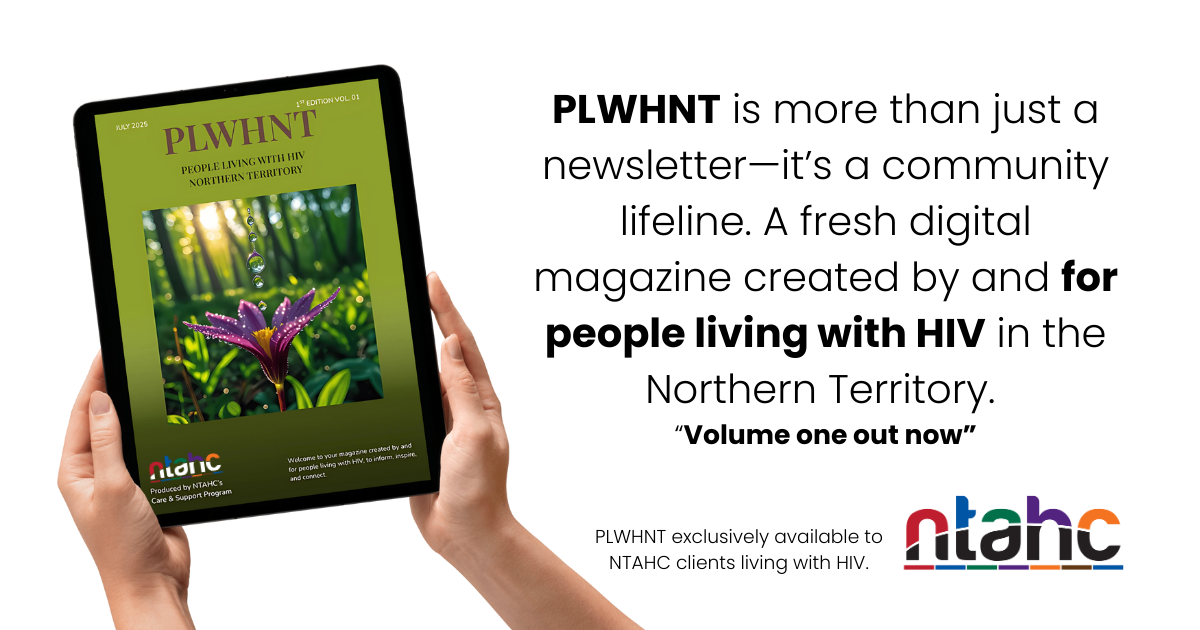
One on One Support
Health & Wellbeing
The Care & Support program offers a safe, confidential and non-judgmental space for clients to chat with staff about their health and wellbeing concerns.
This can include but not limited to:
- Pre and post test counselling
- One on one education and information
- Advice and support on living well with HIV and/or Hepatitis
- Support person for medical appointments, NDIS applications or other health appointments
- Referrals to GPs and mental health services
- Referrals to HIV and Hepatitis testing
- Referrals to drug and alcohol rehabilitation support
Housing
The Care & Support program can help clients in making public housing applications, provide assistance with finding accommodation, support letters for housing applications and support clients to find safe and affordable housing.
Legal
The Care & Support program can help clients with referrals to legal aid services, support letters for legal matters and be an advocate on behalf of the clint for legal issues.
Financial
The Care & Support program offers financial support via emergency relief funds. This is one off emergency and short term financial support solutions for clients with essential living needs such as, food, accommodation, transport, healthcare, utility bills and material aid and goods. Speak to a member of staff from the Care & Support program to see if you are eligible.
Employment
The Care & Support program can help clients with referrals to employment agencies, support letters for employment purposes and building confidence at work through volunteering.
Immigration & Visas
The Care & Support program can help clients with referrals to immigration services, support letters for visa applications and be an advocate on behalf of the client for immigration matters.
Alcohol and Other Drugs
The Care & Support program can help clients with referrals to AOD rehabilitation services, AOD counselling services, access to harm reduction services such as the Needle & Syringe Program, provide brief interventions and a non-judgmental listening ear to clients that need support.
Websites
.
NAPWHA (National Association of People with HIV Australia)
The peak non-government organization representing people living with HIV in Australia.
Positive Life NSW
Provides support, information, and advocacy for people living with HIV in New South Wales.
Living Positive Victoria
Supports people living with HIV in Victoria through advocacy, education, and peer support.
Queensland Positive People (QPP)
Offers support services, information, and advocacy for people living with HIV in Queensland.
Education and Training
Referrals
For service providers wanting to make a referral to the Care & Support program please fill out the downloadable document and email to info@ntahc.org.au or directly to one of the Care & Support team.
